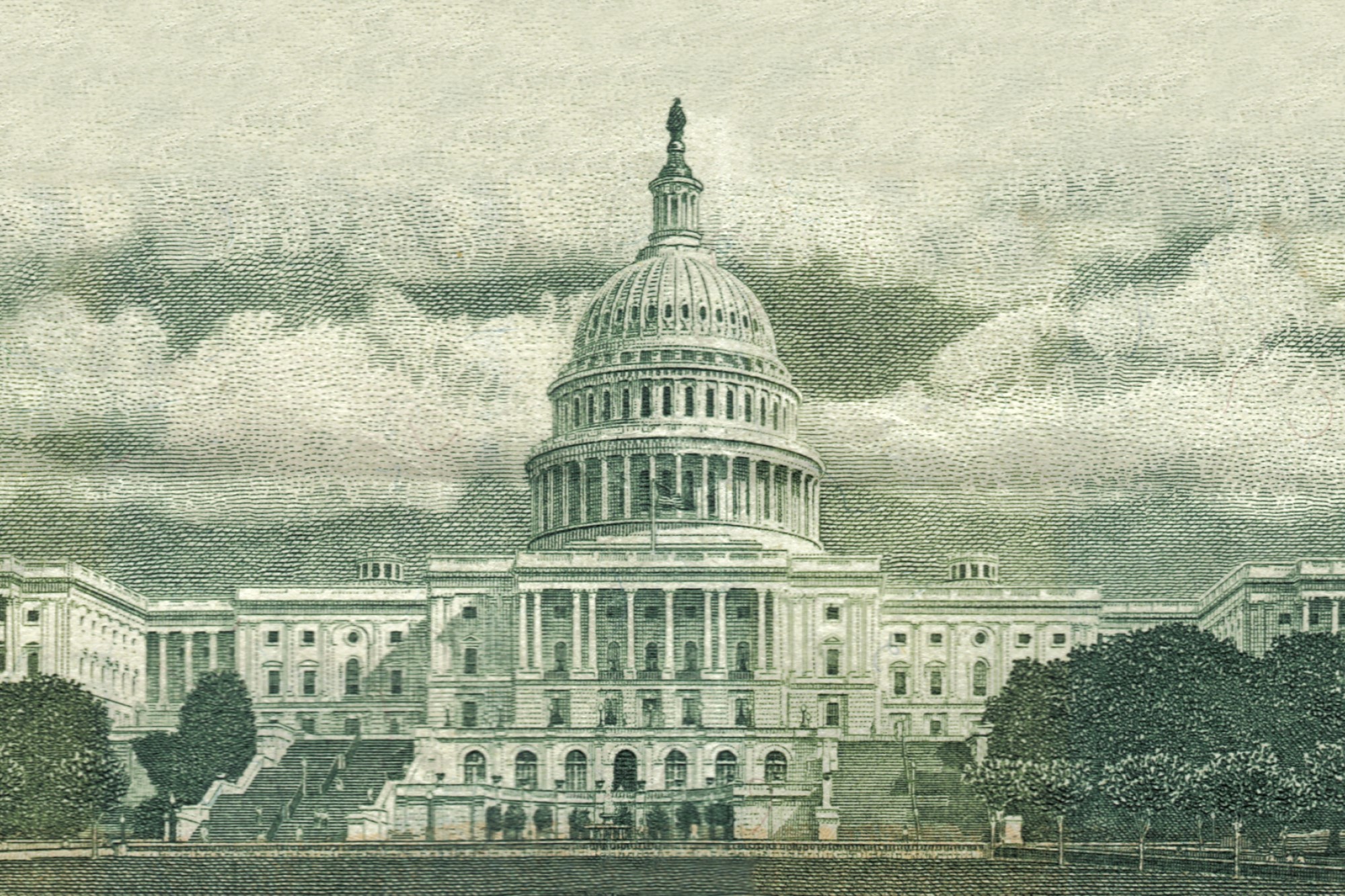Libertarian Paternalism: An Introduction
We’re now over a month into the new year – how are those resolutions coming? Even if you didn’t happen to make any for yourself, the cultural phenomenon of the new year’s resolution sheds interesting light on the persistent gap between what kinds of lives individuals think would be best for themselves and what kind of lives they’re currently leading. A survey of top resolutions, conducted by psychologists at the University of Scranton, reveals that they’re pretty much exactly what you’d predict, including losing weight, spending less, staying fit, and quitting smoking.
That study also revealed that, in general, people’s new year’s resolutions fail. Probably attempts to change oneself at other times of the year are likely to fail as well. While the psychology of change is really a topic unto itself, today the question at hand is whether the government ever has a proper role to play in promoting better behavior of the kinds people obviously hope to. To some extent, this is already happening – think government-funded smoking cessation programs, tax breaks for certain kinds of savings, and soda taxes.
“Libertarian paternalism,” a term coined by academics Cass Sunstein and Richard Thaler, is a research program founded on the idea that government can and should help to align individuals’ behavior with those individuals’ own self-interest by encouraging – not forcing – those choices at a policy level. “Soft paternalism” involves choice-manipulating components, but not the difficult-to-bypass tools of “hard paternalism,” like steep fines or criminal punishments. (For the record, despite its name, I actually don’t know many other libertarians who endorse libertarian paternalism, for reasons discussed towards the end of this piece).
Now-quintessential examples of libertarian paternalist policies include requiring store owners to keep the junk food away from the register where people are prone to impulse-purchase it, or having employers set up benefits enrollment forms so that workers must opt out of, rather than opt into, a hefty recurring retirement contribution.
The philosophical component of the libertarian paternalists’ claim is that a government legislating in this way is just, because helping someone to do what he actually wants to do does not thereby violate his rights. The empirical component of the claim is that “libertarian paternalist”-type policies, policies that “nudge” behavior, actually work.
Naturally, libertarian paternalism faces any number of philosophical and practical challenges. There are those who consider any government interference, however minimal, into people’s lives a miscarriage of justice – but hey, we were promised libertarian, not anarchic, paternalism, so that’s a debate for another level of abstraction.
Libertarian paternalist policies may crowd out some opportunities for mistake, self-reflection, and character development, but apparently not enough for this to be a clear reason to reject them. People are still free to consume the wrong foods and face the health consequences, albeit at slightly higher prices. And would it really be regrettable if “nudge”-type opt-out savings policies kept some individuals from suffering a lack of sufficient retirement funds? The “character development” opportunity provided by eating cat food in an unheated apartment in one’s old age is of questionable importance, considered in the totality of the circumstances.
The most serious philosophical challenge to libertarian paternalism asks us to notice that it’s prohibitively difficult (to literally impossible) to understand anyone’s motives for action, other than our own. Because legislators cannot account for this in their development of libertarian paternalist policies, they will inadvertently harm people for whom the nudge makes little sense – a person with low blood sugar who needs a very large soda to boost her blood sugar immediately, or a person who opts out of a savings plan and incurs additional taxes at the margin because he plans to expatriate to a lower-cost country in a few decades.
We must admit that a libertarian paternalist policy in some sense would make these particular individuals worse off than they might otherwise have been – but the harms of obesity and poverty also flow from its absence. But it invites us to inaccurately think of ourselves as ultra-special snowflakes when we argue that no one, least of all a legislator, could ever begin to grasp our best interests, even in principle. But the tenets of positive psychology suggest otherwise, that people are much more alike in their desires and conditions of well-being than they are different. If a particular proposed soft paternalist policy fails, then, it’s due to the specifics of how it would help some people at the expense of others, not because there’s any unique epistemological burden here as compared to ordinary policy considerations.
To be fair, even if libertarian paternalism is justified in theory, its policies might also work less well in the field than we’d hoped, for instance based on empirical results following compulsory menu board nutrition facts labeling in some places. And certainly the pop science media has done its typically poor job in explaining the nuances of unconscious behavior, making it sound like the automatic choice is always the right one. So we should temper our expectations for the power of the nudge – which actually is cause for philosophical critics to rejoice!
It will not be possible for the blunt tools of government to turn every citizen into the best possible version of herself, but it’s well within the scope of a moderately liberal (or moderately conservative) government to take steps in this direction, especially when setting some default option is unavoidable anyways. Libertarian paternalism does not provide a complete vision of the relationship between the citizen and the state – it doesn’t say much about the times when private and public interests genuinely conflict. And libertarian paternalism falls victim to all the difficulties of implementation that any government program does (for instance, the pitfalls explained by public choice economics).
But libertarian paternalism, as such, raises no new issues of legislation – as always, we face hard questions about how we may or may not trade off the welfare of one citizen against another. The assumption that the state exists to promote individual welfare is a double-edged sword, providing on the one hand a strong presumption of welfare-conducive individual liberty and, on the other, a reason to nudge people towards better lives without violating their rights, when possible. To assume that these rights preclude nudging just begs the question.




